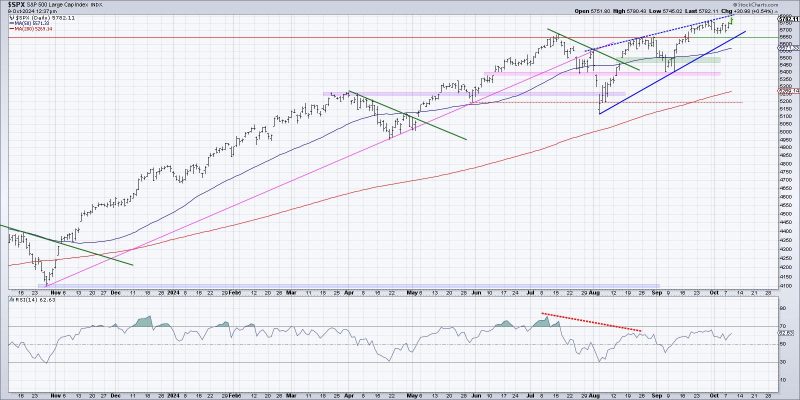**1. Leveraging Technology for Risk Management**
In today’s fast-paced and ever-evolving market landscape, the use of technology is becoming increasingly vital for effective risk management. Embracing innovative tools such as data analytics, artificial intelligence, and automation can greatly enhance a company’s ability to identify, assess, and mitigate risks. These technologies can provide real-time insights into potential threats, allowing businesses to proactively address issues before they escalate. By leveraging technology, organizations can streamline their risk management processes, improve decision-making, and ultimately enhance their overall resilience in the face of uncertainty.
**2. Importance of Scenario Planning**
Scenario planning is a crucial aspect of risk management that involves creating and analyzing alternative future scenarios to anticipate potential risks and develop response strategies. By considering a range of possible outcomes and their implications, organizations can better prepare for unforeseen events and adapt their operations accordingly. In today’s dynamic environment, where risks can materialize rapidly and unpredictably, scenario planning offers a proactive approach to risk management that helps businesses stay agile and responsive. By regularly conducting scenario analyses, companies can identify emerging threats, assess their potential impact, and adjust their risk management strategies to ensure long-term success.
**3. Embedding Risk Management in Corporate Culture**
Effective risk management goes beyond just implementing policies and procedures—it requires a concerted effort to embed a risk-aware culture throughout the organization. Leadership plays a crucial role in promoting a culture of risk consciousness by emphasizing the importance of risk management, encouraging open communication about risks, and fostering a proactive attitude towards identifying and addressing potential threats. When risk management becomes ingrained in the corporate culture, employees at all levels are empowered to take ownership of risks and contribute to a comprehensive risk management strategy. By fostering a culture that values risk awareness and accountability, organizations can build resilience, promote innovation, and strengthen their competitive advantage in an increasingly uncertain world.

